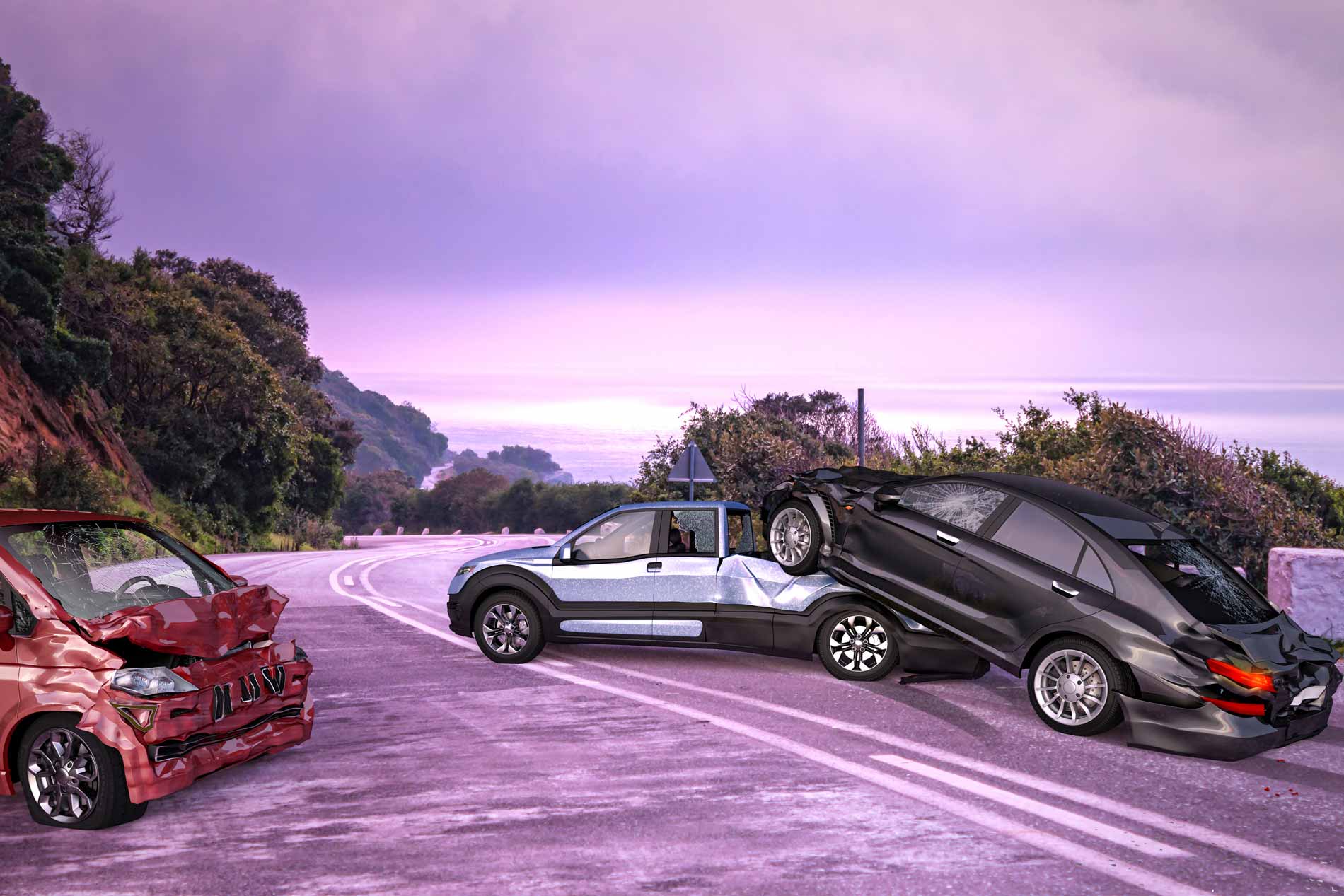Understanding Multi-Car Accidents and Insurance Implications
So, you’re involved in an accident with multiple cars. What can you expect? Why isn’t the insurance adjuster getting back to you?
When you’re involved in a multi-car accident, the process to resolve even the simplest claim can be more frustrating than usual. Even if it’s obvious who was at-fault in the collision, the at-fault drivers’ insurance is going to take a long time to do anything, including arranging rental cars. The insurance company will be reluctant to issue any money when it looks like the limits of their insured's policy will be exhausted. If the at-fault driver has a minimum policy, they will have property damage liability coverage in the amount of $25,000 and liability bodily injury coverage in the amount of $30,000 per person / $60,000 per accident. That means that all of the vehicles that were damaged in the collision will be going after the same pot of money for the property damage ($25,000) and for the bodily injury claims (30/60). If one of the cars is a very expensive car, that one vehicle may have $25,000 in damages alone. Likewise, if one person is badly injured, their medical bills could easily exceed. $30,000. In both of these examples, the insurance company is going to be reluctant to pay anything until it knows for sure everybody’s damages so that it can properly allocate its money to the various parties according to who was damaged the most. If the amount of the damages is greater than the amount of available insurance, the at-fault insurance company will pay a pro rata amount to each injured party, usually based on the amount of each individual’s damages.
This is why it’s always important to have proper insurance for yourself. Remember, your insurance should cover you when it’s all said and done. If you have proper insurance, you can run your property damage claim through your own insurance and expedite the process. But, if you don’t have the proper coverages, you must wait until all parties are ready to settle before receiving any money from the at-fault carrier. Additionally, if the pro rata amount from the at-fault carrier doesn’t cover all of your damages, you can pursue additional coverage through your Underinsured covered with your auto insurance policy. Your premium rates will not increase by running the claim through your insurance because you were not at-fault in the accident.
Therefore, when shopping for auto insurance, make sure that you are requesting Underinsured and Uninsured coverage sufficient to cover you for both property damage and bodily injury should you get in a vehicle accident. To have a North Carolina attorney review your auto accident claim, call Paul Robinson today for a free consultation. 919-277-0161.


